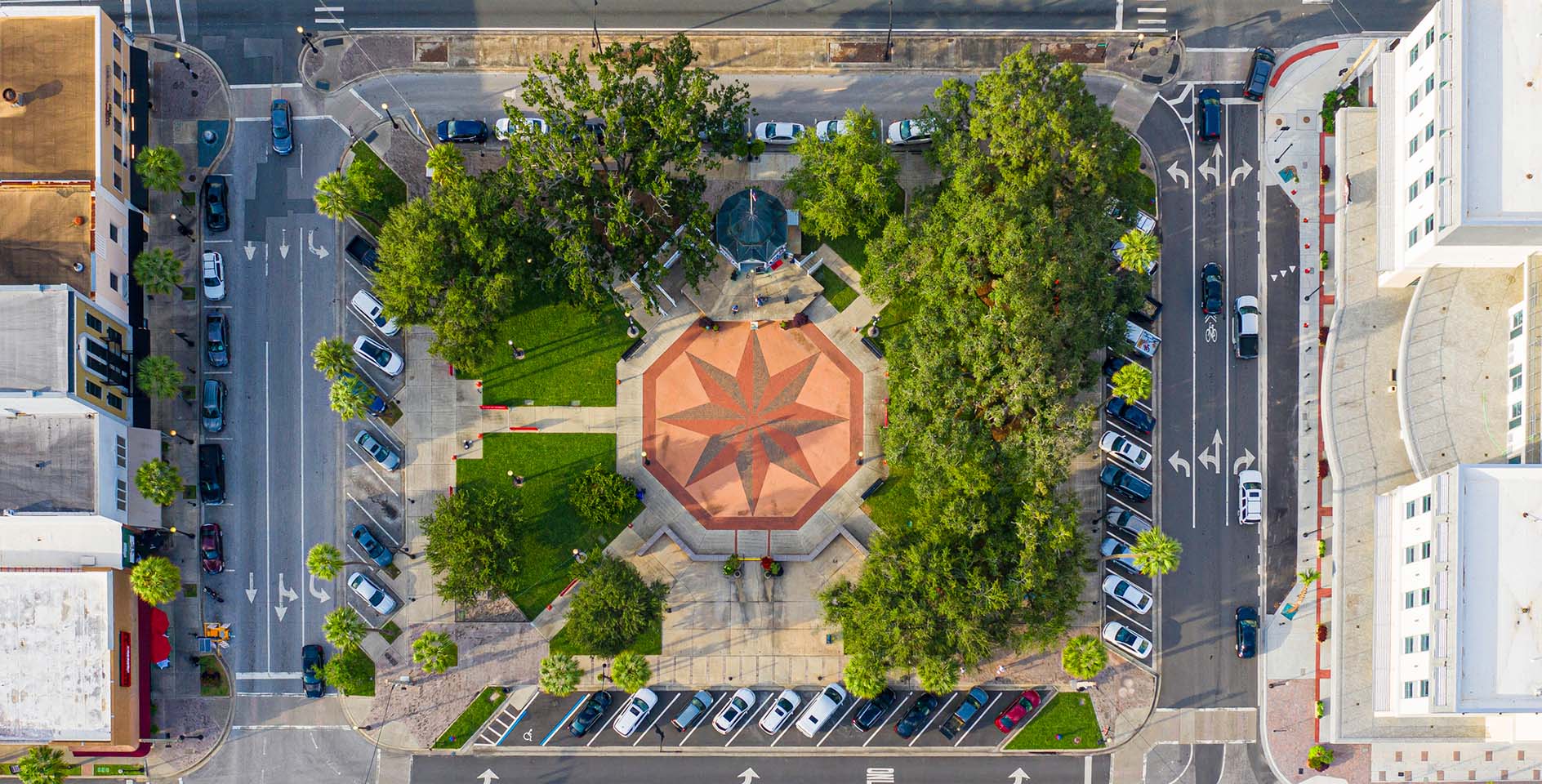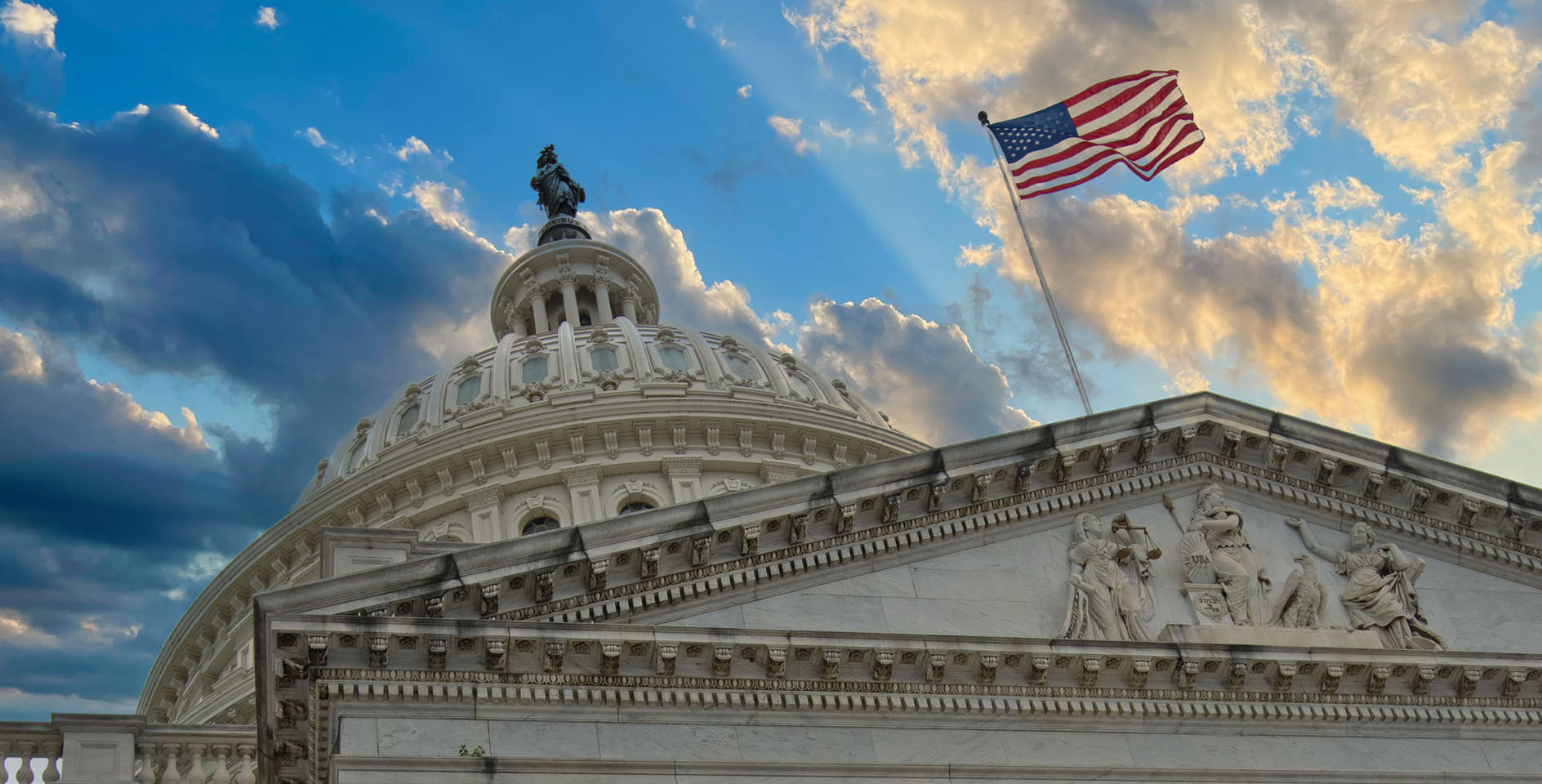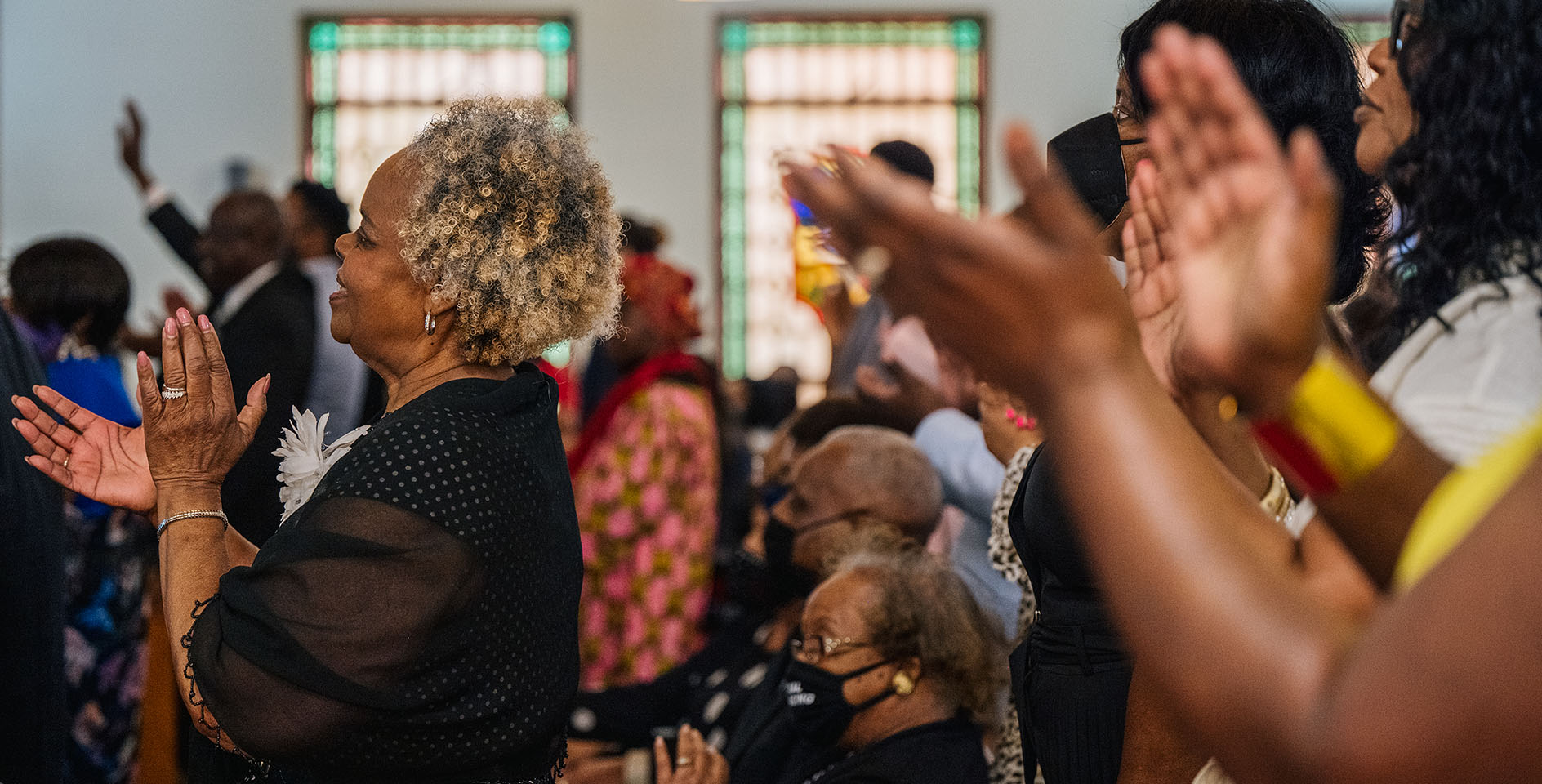Reading the headlines or clicking on the latest bad news stories can lead to one of two conclusions: (1) If everyone would just do their part, society would be rescued from this chaos and things would get better, or (2) This world is just going to burn up one day anyway, so let’s just get out of the way, protect ourselves, and hang on until Jesus returns.
We may even vacillate between one perspective and the other depending on what kind of mood we are in or how personally we are affected by those bad news stories. The tension, however, is real. Christians don’t always know how to make sense of the world. We believe and share a message of hope, and we pray that Jesus’ kingdom would come on earth as it is in heaven, but the brokenness around us looks more like a salvage yard than streets of gold.
One of the first recorded moments in Jesus’ ministry is found in Luke 4:
He came to Nazareth, where he had been brought up. As usual, he entered the synagogue on the Sabbath day and stood up to read. The scroll of the prophet Isaiah was given to him, and unrolling the scroll, he found the place where it was written: The Spirit of the Lord is on me, because he has anointed me to preach good news to the poor. He has sent me to proclaim release to the captives and recovery of sight to the blind, to set free the oppressed, to proclaim the year of the Lord’s favor. He then rolled up the scroll, gave it back to the attendant, and sat down. And the eyes of everyone in the synagogue were fixed on him. He began by saying to them, “Today as you listen, this Scripture has been fulfilled.” They were all speaking well of him and were amazed by the gracious words that came from his mouth; yet they said, “Isn’t this Joseph’s son? Luke 4:16-22
Jesus announced that he had come to preach good news to captives, the blind, and the oppressed, and to proclaim the “year of the Lord’s favor.” This was it. Finally, a ruler was coming to set the people of Israel free from Roman oppression and usher in a superpower government of all governments!
And then Jesus made a statement no one saw coming. He said that all of the expectations of a new kingdom were fulfilled in him. Those listening really didn’t know what to do with that. Later in Jesus’ ministry, the Pharisees asked him when the kingdom would come,
He answered them, “The kingdom of God is not coming with something observable; no one will say, ‘See here! ’ or ‘There! ’ For you see, the kingdom of God is in your midst.” Luke 17:20-21
We can conclude that Jesus is the rightful and reigning king of his kingdom, but obviously his kingdom is not fully realized. Sin is still on the move. Creation still groans. In a very real sense, Jesus’ kingdom is “already, but not yet.”
So what do we do until then? How do we live in this “in-between” time?
In his book Onward: Engaging the Culture Without Losing the Gospel, Russell Moore provides helpful insight:
The natural world around us isn’t just a temporary “environment,” but part of our future inheritance in Christ. Our jobs—whether preaching the gospel or loading docks or picking avocados or writing legislation or herding goats—aren’t accidental. Our lives are shaping us and preparing us for a future rule, and that includes the honing of a conscience and a sense of wisdom and prudence and justice . . . Our lives are an internship for the eschaton. (emphasis mine)
Eschaton is a word describing the end times. If there is anyone who demonstrated how to live in the present moment for the future kingdom it was the prophet Daniel. He was literally an intern for the eschaton. As he served well in the public court of a pagan kingdom, he pointed to a greater, eternal kingdom to come. He lived for the glory of God in the “in-between.”
We trust the Lord has planted us in the middle of this contentious political environment as a divine appointment to live for Jesus’ kingdom, serve with distinction, seek the common good, and invite others to follow Jesus with us.
Like Daniel, modern Christians view our neighbors with an otherworldly perspective. They are not a demographic. They are not primarily a political ally or opponent. They are not an ethnicity or nationality. They are not a voting bloc. They are image-bearers in need of new life in Christ. They are, we hope, future citizens of a greater kingdom to come.
So as ambassadors for Christ, interns for the eschaton, temporary residents in a foreign land, we plead with people to “be reconciled to God.” We trust the Lord has planted us in the middle of this contentious political environment as a divine appointment to live for Jesus’ kingdom, serve with distinction, seek the common good, and invite others to follow Jesus with us.
This is an excerpt from the Civility Church Toolkit, “Week 4: The Gospel, The Kingdom, and The Public Good of Christians,” pgs. 64-76.










